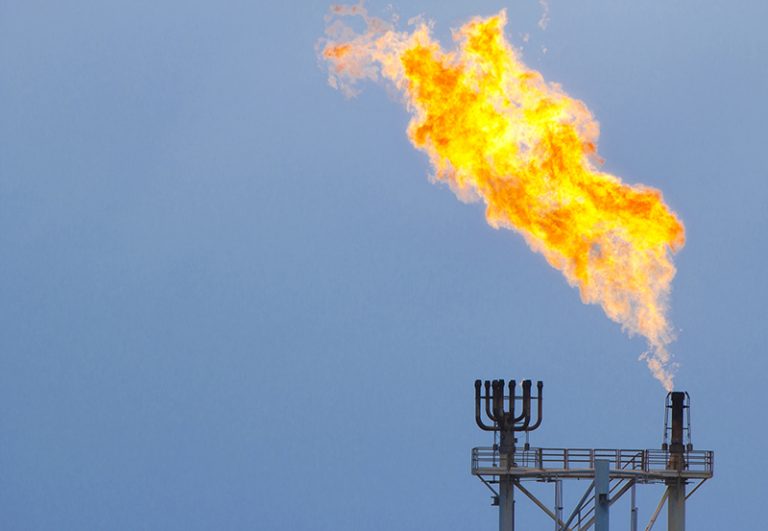
Combustion and Heat Transfer for Refinery Operations
 Assisting oil refinery and production facility personnel in the operation of crude or residue fired heaters, during more than three decades, has allowed our specialist to establish some basic conclusions which may worth to share with refinery managers and supervisors. Especially if they provide clues for proper understanding of these large fuel consumer units which highly impact refinery economics. Besides considering the great prospect for energy savings and greenhouse gas reduction that fired heaters may offer, plant managers should as well address other not less important issues such as equipment integrity, inefficient operations and refinery compliance and safety. These, altogether constitute major and exceptional tasks.
Assisting oil refinery and production facility personnel in the operation of crude or residue fired heaters, during more than three decades, has allowed our specialist to establish some basic conclusions which may worth to share with refinery managers and supervisors. Especially if they provide clues for proper understanding of these large fuel consumer units which highly impact refinery economics. Besides considering the great prospect for energy savings and greenhouse gas reduction that fired heaters may offer, plant managers should as well address other not less important issues such as equipment integrity, inefficient operations and refinery compliance and safety. These, altogether constitute major and exceptional tasks.
Keeping fired heaters within reasonable operational condition involves a few basic steps which do not implicate unusual expenditures. If burners are not producing abnormal flames which impinge on radiant tubes and if air registers are all operational, the logical operational fix has to be draft control to match or to closely approach the recommended value. This requires a combined action on burner registers (normally by a field operator) and on stack damper (usually by a console operator), based on existing procedural flow charts. As excess air decreases, less energy is used to heat the air mass flow and more energy is transferred to the crude.
The question to plant managers and supervisors would then be: how could they be sure all operators figure out how to proceed when facing routine heater operation? And when facing unexpected heater condition?
It has been a common practice within the combustion and fired heater community for many years to discuss the “Three Ts of Combustion” when considering the importance of Temperature, Time and Turbulence as key parameters whose proper control and optimization would guarantee a fast and complete fuel and air reaction, therefore yielding an efficient transfer of heat to the fluid being processed. The time has come to add another T to this original set of variables, and that T would be for Training. 
The installation of modern diagnosis and control tools in a process heater to control draft or any other important variable, although desirable, cannot guarantee by itself, a smooth, efficient and safe operation. What a fired heater can´t avoid to satisfy production targets is a trained and careful operator nearby. And operators are first and foremost resources all plant managers do have at hand for the day-to-day operation of these units.
PetroKnowledge have designed a Combustion and Heat Transfer for Refinery Operations seminar that focuses on hands on application of combustion and heat transfer concepts to the efficient and safe operation of fired heaters, incorporating exercises and discussion sessions that help refinery delegates to develop a valuable understanding of heater variables, operational conditions and troubleshooting.
To register for this course, click here or email PetroKnowledge at [email protected]. To view the full PetroKnowledge Refining & Petrochemicals training courses visit https://petroknowledge.com/training-courses-by-date/refining-petrochemicals .
ABOUT PetroKnowledge
PetroKnowledge is the leading Oil and Gas training and Consultancy Company headquartered in Abu Dhabi, and with offices in Aberdeen and Houston. PetroKnowledge works with over 500 international business, in order to deliver technical training courses that help Oil and Gas professionals to enhance their knowledge and skills as well as being kept up-to-date with the latest methodologies and technologies in the Oil and Gas market.
